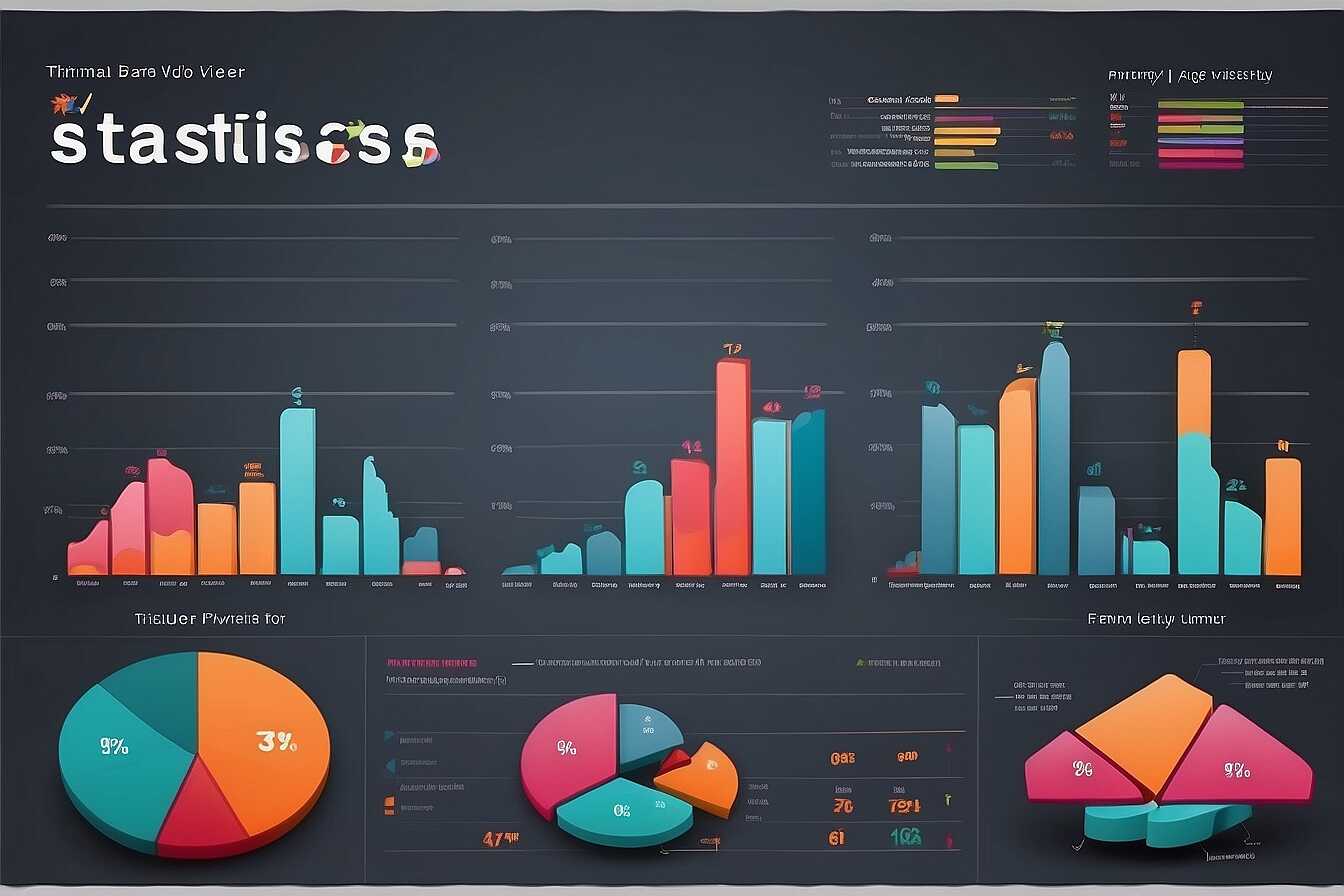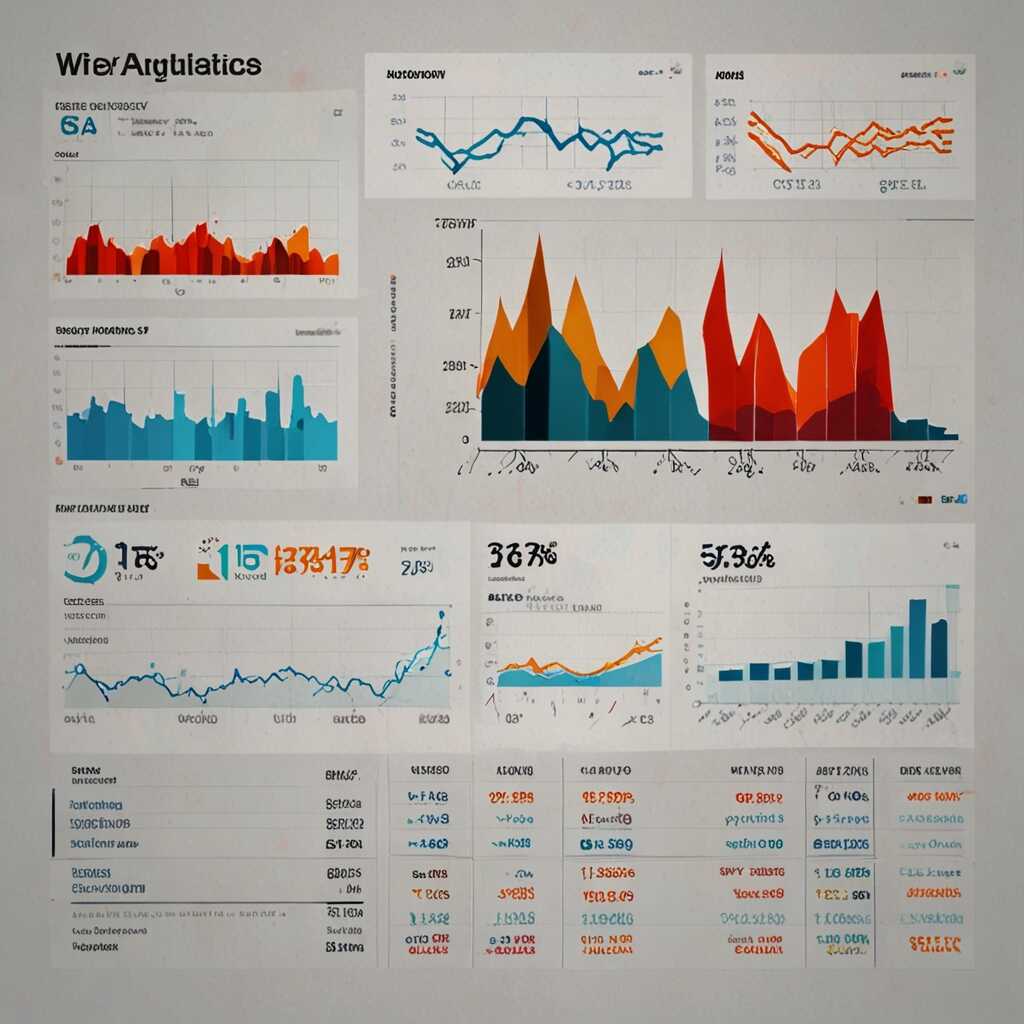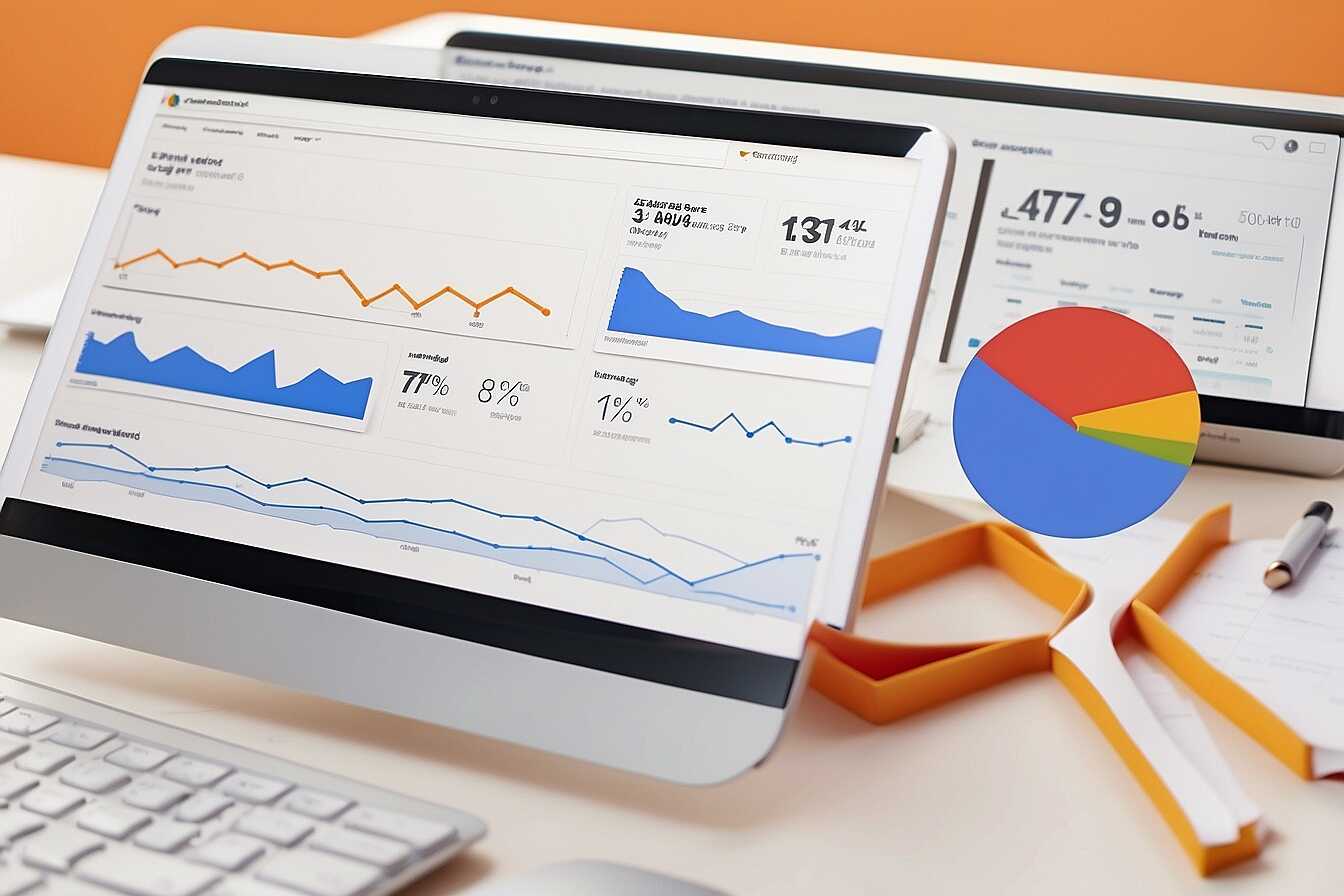Understanding the essential tools for assessing the SEO impact of social media marketing is crucial for any digital marketer today. These tools can help measure how social media channels influence search engine rankings and overall online visibility. At Metrics Rule, we prioritize effective strategies to evaluate this relationship, combining our SEO expertise with your social media efforts. By leveraging the right tools, small business owners and content creators can maximize their SEO performance through informed social media marketing choices.
Exploring the Intricate Bond Between Social Media and SEO
Social media activity significantly influences SEO rankings by driving traffic, increasing brand visibility, and enhancing engagement. Active engagement on platforms like Facebook, Instagram, and Twitter can lead to more backlinks and improved search engine visibility. Businesses that align their SEO strategies with social media initiatives experience higher organic traffic, enhancing their chances of ranking well on Google and Bing. Notably, studies indicate that businesses effectively leveraging social media have seen organic search traffic increase by up to 30% in 2023, demonstrating the substantial importance of integrating these two marketing channels.
How to Leverage Social Media For Improved SEO Rankings
To enhance SEO rankings through social media, businesses should create quality content that is shareable and engages users. This includes optimized posts that use relevant keywords to make them more discoverable. Regularly analyzing social media metrics through tools like Google Analytics can provide insight into audience behavior and help shape content strategy. Additionally, integrating calls-to-action in social media posts encourages users to visit the website, thereby increasing organic traffic. By ensuring that social media strategies focus on generating reliable backlinks and user interaction, businesses can effectively improve their overall SEO performance.
Essential Metrics for Evaluating Social Media and SEO Interactions
To assess how social media influences SEO performance, focus on essential metrics such as social media engagement, referral traffic, and conversion rates. Social media engagement, including likes, shares, and comments, directly affects brand visibility. This increased visibility can lead to more backlinks and social signals that search engines consider. Analyzing referral traffic helps you understand how much traffic is generated from social media sites like Facebook and Instagram. Finally, tracking conversion rates shows how effectively this traffic converts into leads or sales, providing you with a clear picture of social media’s ROI.
Measuring Referral Traffic from Social Media Platforms
Measuring referral traffic from social media platforms is crucial for understanding the direct impact of social outreach on SEO performance. Use tools like Google Analytics to track traffic sources and identify how each platform contributes. For instance, Facebook may deliver a significant percentage of your website’s traffic, enhancing overall site visibility. Additionally, you can analyze which posts perform best to improve future content strategies. A reliable technique is to set up UTM parameters for your social media links. This helps in accurately measuring engagement and optimizing conversion rates by defining what drives traffic efficiently.

Best Tools to Effectively Measure Social Media SEO Impact
Several leading tools help measure the SEO impact of social media marketing. Tools like Google Analytics and SEMrush excel in providing detailed insights. Google Analytics tracks website traffic and provides valuable data on how social media referrals influence SEO. SEMrush offers keyword tracking features, allowing you to analyze how your social media campaigns improve keyword performance. Other notable tools include Hootsuite for analyzing engagement and Moz for tracking domain authority changes. Combined, these tools deliver reliable data, ensuring you can test the effectiveness of your social media strategies.
Features to Look For in SEO Analysis Tools
When choosing tools for SEO analysis, look for features that enhance efficiency and reliability. The best tools provide comprehensive tracking of keyword performance and trends in data. Reliable analytics software should include reporting capabilities that compare data over time. Features like social media tracking can reveal how social posts drive engagement and conversions, thus impacting SEO rankings. Tools that integrate AI technology, such as Ahrefs, can offer deeper insights and automate data collection, which is invaluable for small business owners aiming to improve their online presence.
Numerical Insights on Measuring Social Media’s Role in Search Rankings
- Over 80% of marketers believe social media impacts their SEO performance.
- Posts on social media can improve website traffic by around 30% on average.
- Brands with active social media accounts can see a 60% increase in organic search visibility.
- Companies that combine SEO and social media strategies experience 20% higher engagement.
- Research shows a 50% increase in page links attributed to social media shares.
- Businesses with a strong social presence can rank 5 times higher in search results.
- Social media can drive around 25% of total traffic to a website for many brands.

Data Analysis Techniques for SEO Strategy Improvement
Analyzing data obtained from social media and SEO tools is crucial for assessing the SEO impact of social media marketing. Effective techniques include keyword research analysis, social media engagement metrics, and website performance evaluation. By using analytics tools like Google Analytics, SEMrush, and social media insights, digital marketers can derive actionable insights that enhance their strategies. For instance, comparing data from various campaigns can reveal what content resonates with audiences, leading to greater organic traffic increases.
Utilizing Analytics Tools for Actionable Insights
Using a combination of analytics tools can deliver a comprehensive view of how social media marketing affects SEO performance. Google Analytics provides detailed performance metrics, while SEMrush offers keyword tracking and competitor insights. Social media platforms often include their own analytics, enabling you to monitor engagement and traffic from those channels. Combining these insights helps marketers understand which strategies are effective in driving organic traffic. Testing different content types and measuring the outcomes can enhance the overall efficiency of your SEO strategies.

Avoiding Pitfalls in SEO and Social Media Marketing
Businesses often make several common mistakes when merging SEO and social media marketing. One key mistake is neglecting to optimize social media profiles for search engines. Failing to use relevant keywords in bios and posts can diminish visibility. Another pitfall is not measuring the effectiveness of social media on SEO performance. Many businesses overlook data and analytics that provide insights into how social media efforts improve search rankings. Additionally, varying content quality across channels can lead to inconsistent branding and dilute overall message reliability.
Essential Strategies to Enhance SEO through Social Media
To enhance SEO through social media, businesses must adopt several essential strategies. First, they should ensure that all social media content is optimized for relevant keywords. This helps improve organic search rankings. Regularly testing different content formats, such as video and infographics, can provide valuable data on what engages followers best. Furthermore, integrating social media links on the website can improve indexing and crawling efficiency. Finally, creating shareable content encourages users to engage, significantly boosting SEO performance, ultimately driving traffic and improving online presence.
The Advantages of Utilizing Metrics for SEO and Social Integration
- Enhanced tracking helps marketers gauge campaign effectiveness and ROI promptly.
- Using specific tools identifies how social engagement influences search visibility.
- Data analytics allows firms to adjust their strategies quickly for better results.
- Utilizing tools improves collaboration among social and SEO teams for content alignment.
- Insights into user behavior guide tailored content for better reach and impact.
- Automated reports save time and provide clear visuals on performance trends.
- Strong analytics help in creating compelling, data-driven social media content.

Successful Case Studies Highlighting Social Media s SEO Benefits
Several companies have successfully leveraged social media marketing to enhance their SEO performance. For instance, a well-known eCommerce brand integrated social media campaigns with a focus on engaging content. They shared user-generated content, which not only fostered community but also boosted their search engine rankings. By strategically optimizing their posts with targeted keywords, they improved their visibility on Google. This strategy resulted in a 40% increase in website traffic over six months. Another case to note is a local restaurant that utilized Facebook to highlight menu specials. Their successful engagement led to increased local searches and a 25% uptick in online reservations, proving that effective social media strategies can significantly enhance SEO outcomes.
How Companies Used Social Media to Boost SEO Performance
Companies that successfully harnessed social media to boost their SEO performance typically focused on creating engaging, shareable content. For example, a popular travel agency turned to Instagram to showcase stunning travel photos. By including relevant hashtags and geo-tags, they enhanced discoverability, resulting in a 30% growth in organic search visibility. The campaigns were designed to drive conversations, collecting reviews and feedback from clients. This user-generated content enriched their SEO by establishing authority and trust. Moreover, tracking their analytics data allowed them to refine strategies continuously, ensuring maximum impact and a lasting improvement in search engine rankings.
Emerging Trends in Social Media and SEO Collaboration
Predictions for the future of social media trends indicate tighter integration with SEO practices. Digital marketers must stay informed about these SEO collaboration trends to gain competitive advantages. By 2025, it is expected that numerous social media platforms will enhance their SEO features, providing more robust analytics tools. Understanding these trends will help marketers and content creators develop effective digital marketing strategies to increase reach and engagement.
Key Areas for Development in Social Media and SEO
As social media platforms evolve, key areas for development in social media optimization include improved keyword targeting and advanced analytics. Features that enable better content performance tracking and user interaction analysis will likely enhance SEO capabilities. Marketers should leverage these developments to ensure effective keyword integration and data-driven decisions in their campaigns. This reliability can transform how social media impacts brand visibility and website traffic positively. By focusing on these emerging trends, businesses can create a more dynamic, results-driven online presence.
Comparative Analysis of Brands in SEO and Social Performance Measurement
- Brand A: Offers broad analytics but can be too complex for beginners.
- Brand B: Provides clear social media insights but lacks some advanced features.
- Brand C: Excels in intuitive interface, suitable for small business owners.
- Brand D: Capable of deep data dives, perfect for SEO analysts with experience.
- Users often prefer Brand C for ease of use over detailed metrics of Brand D.
- Small business owners value user-friendly tools like Brand B for quick results.
- SEO analysts tend to choose Brand A for its robust analytical capabilities despite complexity.
Summarizing Key Insights for Effective Marketing Strategies
Measuring the SEO impact of social media marketing is essential for refining digital marketing strategies. Best practices include using a combination of analytics tools and metrics. Tools such as Google Analytics and SEMrush provide data analysis that reveals how social media influences traffic and search engine rankings. Many digital marketers rely on testing various strategies to identify which social media channels enhance SEO performance. A useful approach involves tracking referral traffic, keyword rankings, and engagement rates, which helps ensure that your social media initiatives are producing valuable results. Approximately 70% of digital marketers believe that social media has a positive impact on SEO performance, underscoring the importance of effective measurement to enhance strategy.
Key Metrics for Evaluating Social Media SEO Performance
When evaluating the SEO performance of social media marketing, several key metrics are crucial. Tracking organic traffic from social media platforms helps determine how effectively social media drives visitors to your site. Detecting keyword rankings changes before and after implementing social media campaigns gives insight into the campaigns’ effectiveness. Engagement metrics, such as likes, shares, and comments, provide feedback on audience interaction and content relevance, informing future posts. Tools like Moz and Ahrefs also offer essential comparisons of how social media efforts correlate with improved visibility in search engines. By consistently reviewing these metrics, digital marketers in Vancouver can optimize campaigns for better performance and greater impact on SEO.
